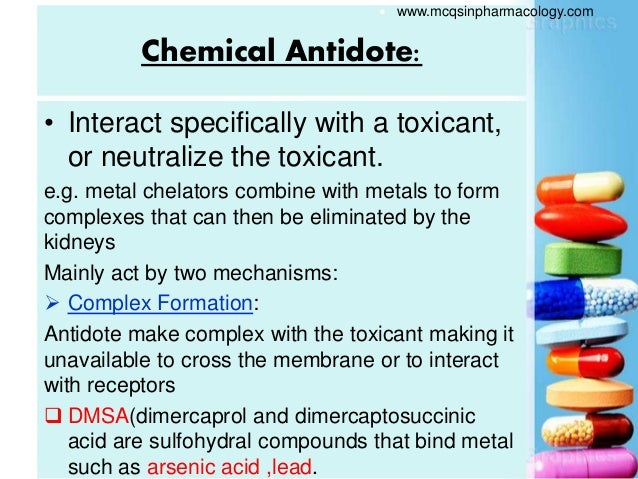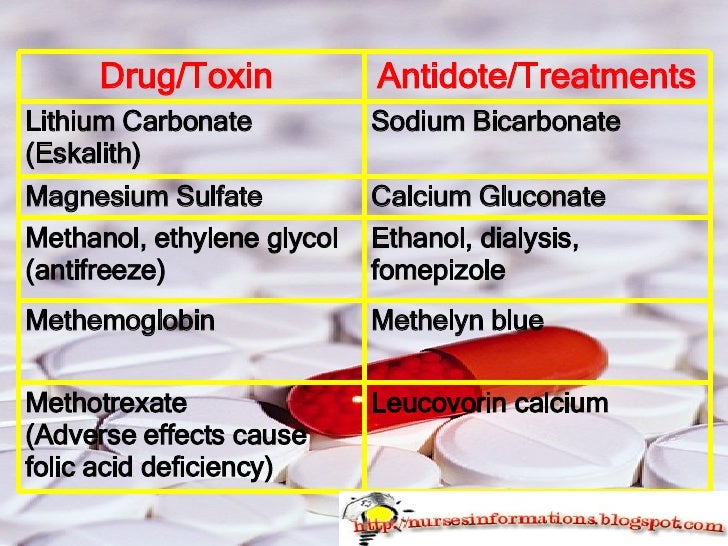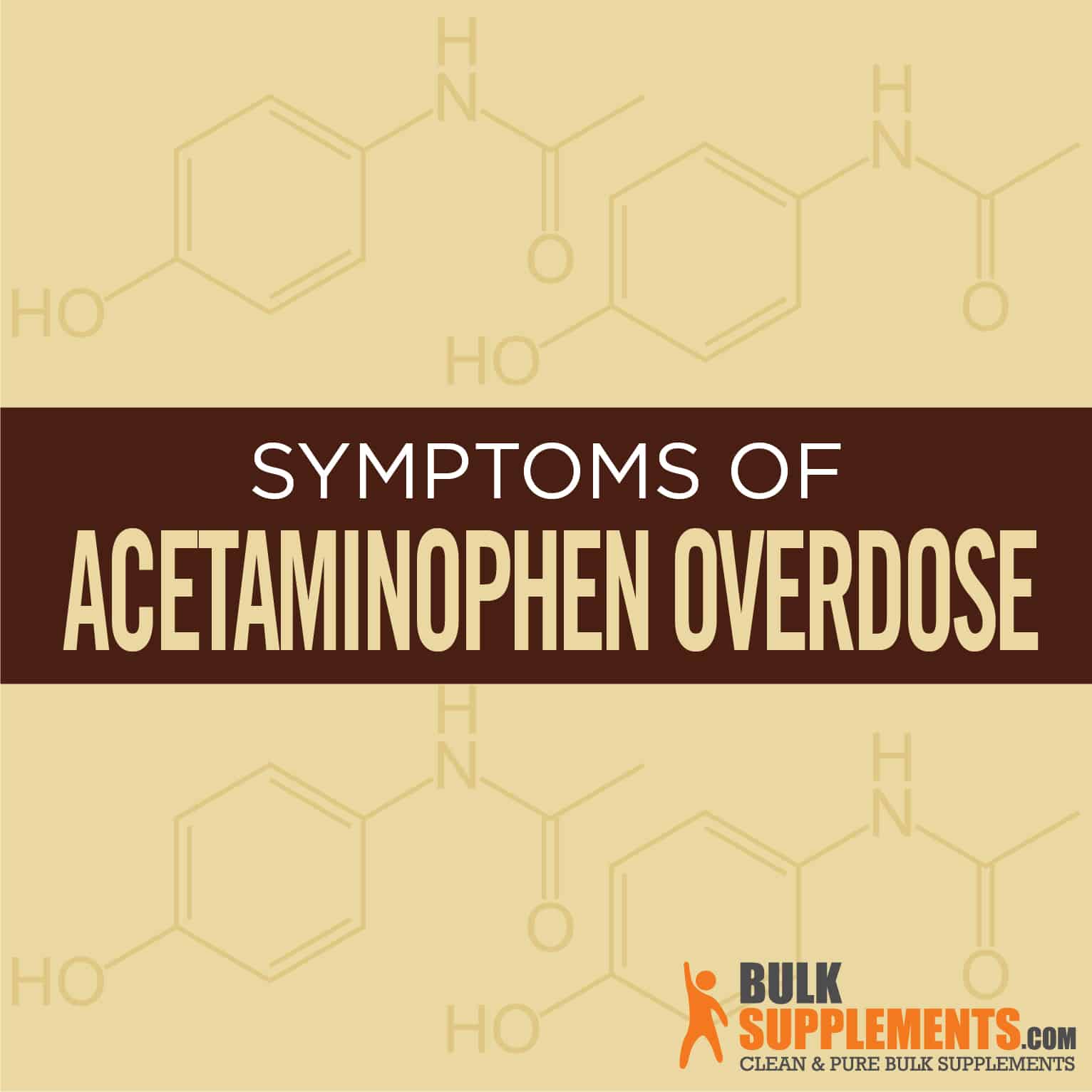

Unfortunately, the prevalence of acetaminophen makes it easy to accidentally exceed the recommended levels, which can occur by dosing more frequently than indicated or by combining two or more acetaminophen-containing products. But the body’s glutathione stores are finite, and are quickly depleted when the recommended doses of acetaminophen are exceeded. At normal, therapeutic levels, this byproduct is easily deactivated when it binds to a naturally occurring, protective molecule called glutathione. It is broken down, or metabolized, in the body into byproducts - one of which can be very toxic to the liver. The first author of the paper, Hong-Hsing Liu, MD, PhD, is now a postdoctoral scholar in Peltz’s Stanford lab.Īcetaminophen is a pain reliever present in many over-the-counter cold and flu medicines. He is continuing the research at Stanford. The experiments were conducted in Peltz’s laboratory at Roche Palo Alto in Palo Alto, Calif., where Peltz worked before coming to Stanford in July 2008.

Peltz is the senior author of the research published online Nov. Coincidentally, Garnett Cheney, MD, at Stanford University performed a series of studies in the 1950s in which he used the compound to treat peptic ulcers. It is highly abundant in many plants, including cabbage and wheat, and is routinely ingested by people.


The molecule was S-methylmethionine, which had been marketed as an herbal medicine known as Vitamin U for treatment of the digestive system. “My postdoctoral fellow, whose parents and other family members in Asia were taking this compound in their supplements, started laughing. “I didn’t know anything about the substance that was necessary for the pathway’s function, so I had to look it up,” said Gary Peltz, MD, PhD, professor of anesthesiology. The finding came as a surprise to the scientists, who used a number of advanced genetic and genomic techniques in mice to identify a molecular pathway that counters acetaminophen toxicity, which leads to liver failure. A well-known Eastern medicine supplement may help avoid the most common cause of liver transplantation, according to a study by researchers at the School of Medicine.


 0 kommentar(er)
0 kommentar(er)
